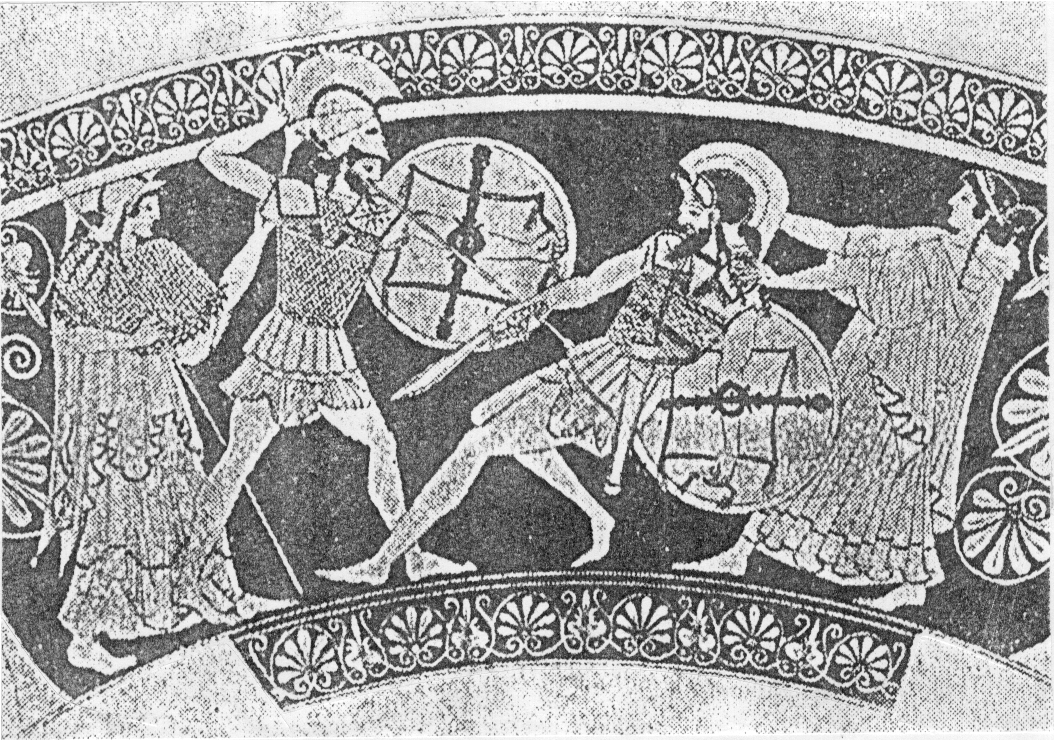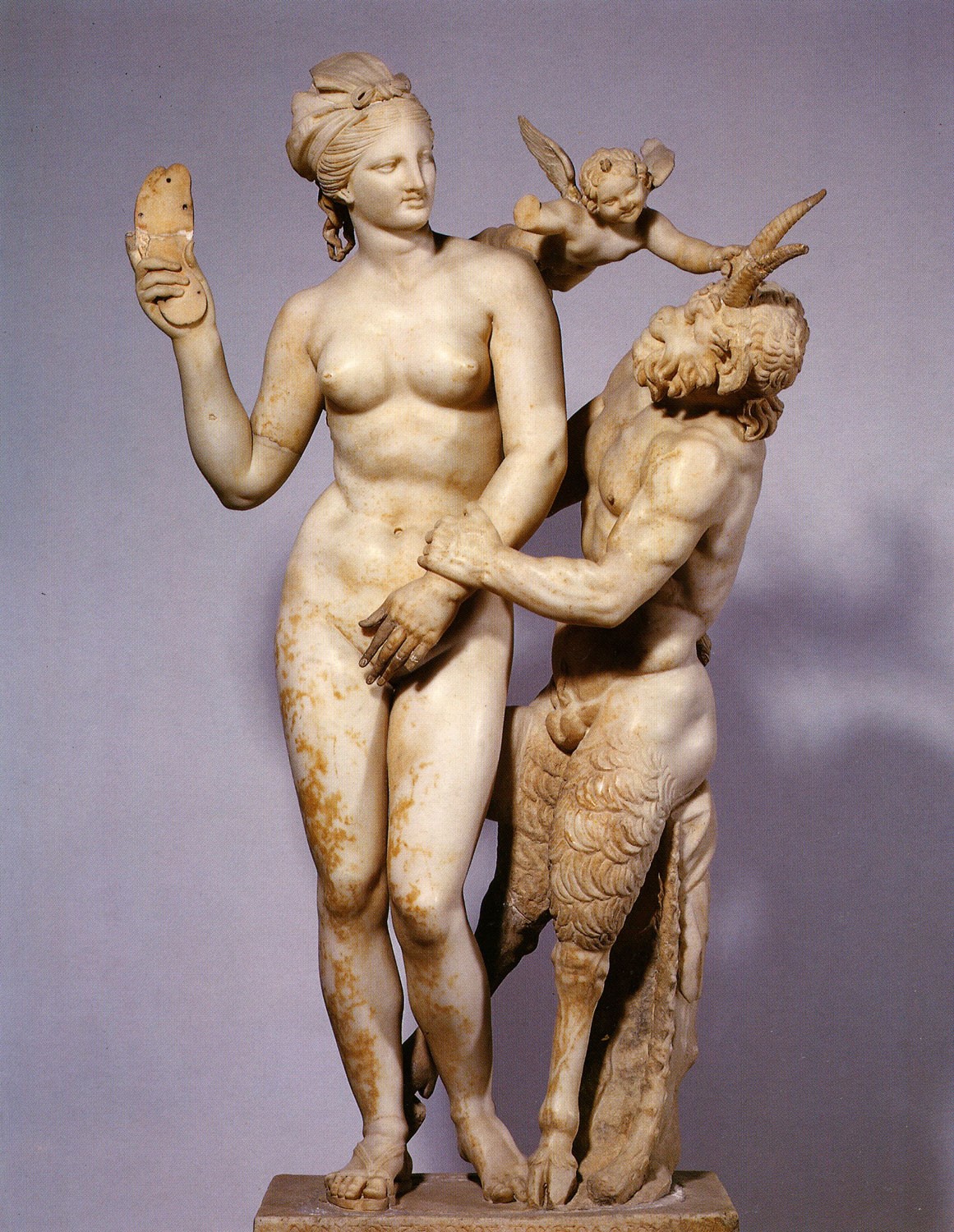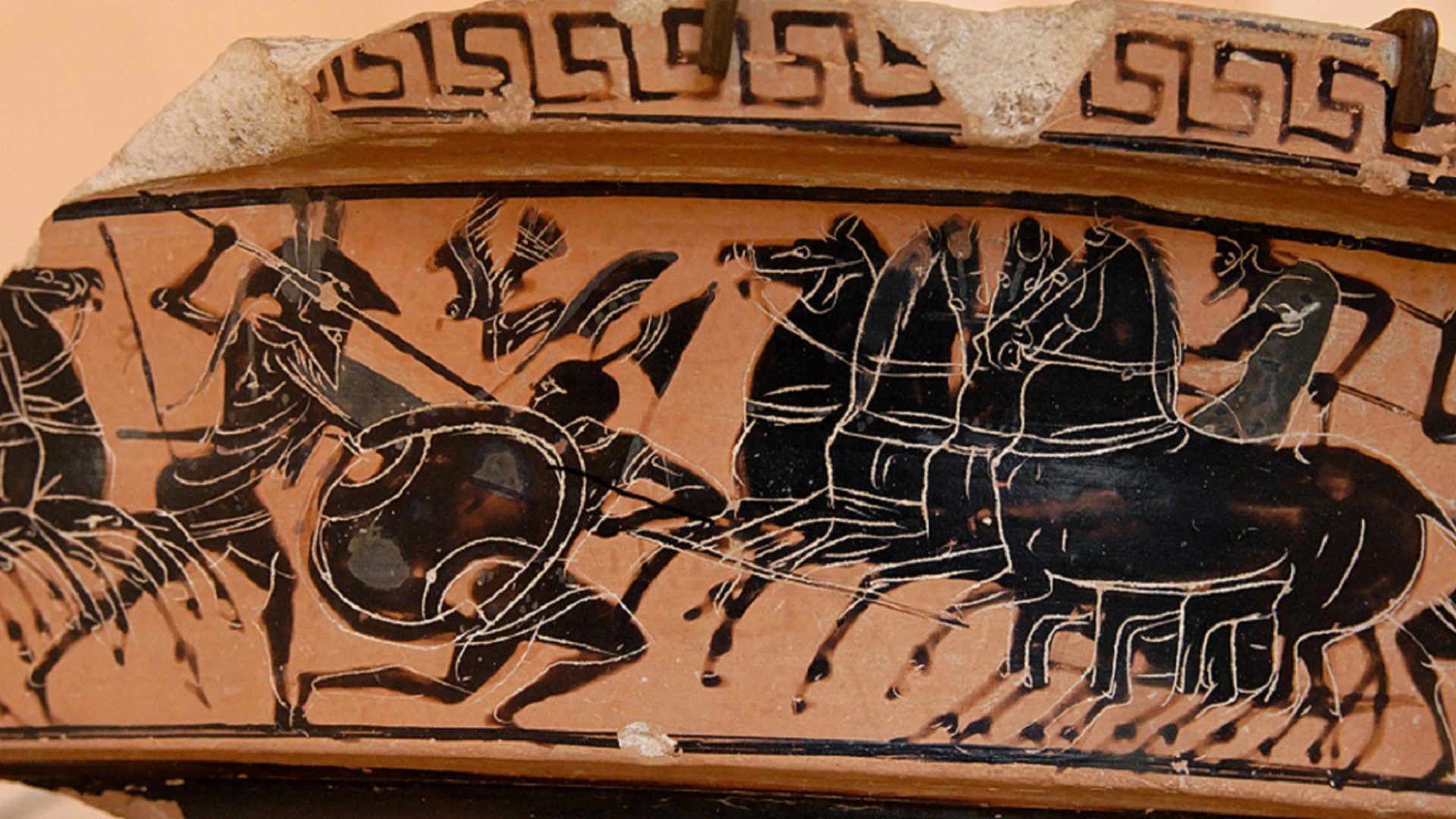
The Author: John Prendergast
John Prendergast is an American writer, who was driven to learn Homeric Greek by an enthusiasm for Homer’s epics and hymns and a frustration at the lack of accuracy in translations by scholars. He takes a painstaking approach to faithfully and scrupulously translate Homeric verse into quotable English. His literal renditions of genuine legends preserve the original artistry, uphold the mythic vision and conjure a tone of authentic antiquity.
.

A Faithful Translation of the Iliad of Homer
The Iliad of Homer is translated with a quality and fidelity never done before. The literal form of each word in the ancient Homeric Greek is methodically preserved and the order of words is maintained within the limits allowed by English syntax. Priority is put on finding the right and defining words. The translation presents what Homer actually said in the way he actually said it. Scrupulous fidelity delivers a story true to the original with wording more fluent, lucid and genuine and in no way more difficult.
First lines of Book One:
The wrath sing of, Goddess, of the son of Peleus, Achilles,
ruinous, it upon Achaeans countless pains put,
and many worthy lives to Hades sent forth
of heroes, and made them spoils for dogs
and birds, all kinds, and fulfilled was Zeus’s plan,
First lines of Book Three:
But after they were duly ordered with their leaders, everyone,
the Trojans with a clamor and with cry came like birds,
even as the clamor of cranes advances before heaven,
after they the winter flee and ungodly rain,
with a clamor they wing over Ocean’s streams,
to Pygmy men killing and doom bearing,
and in the morning then they baneful strife bear forth.
And they then came in silence, the vigor breathing Achaeans,
in heart eager to defend for one another.
. Last lines of Book Eight:
. And as when in heaven stars about the shining moon
. appear very prominent when windless becomes the sky,
. and out appear all the viewpoints and upland tops
. and canyons, and under heaven then breaks open untold sky,
. and all the stars one sees, and glad is in mind the shepherd,
. such as this in the middle of the ships and Xanthos’ streams
. the Trojans’ burning fires appeared before Ilion.
. A thousand then in the plain fires burned, and beside each
. sat fifty men in the glow of fire flaming.
. And horses, on white barley feeding and on rye,
. standing beside the chariots, well-throned Dawn awaited.
.

The Adventures of Aphrodite
From the Halls of Heaven to the Realm of Death
(Coming Soon)
Why has the most influential female figure in the art and history of Western civilization so sadly suffered? She is of immemorial antiquity, yet modeled the modern ideal of feminine beauty. From the dawn of history, she was the preeminent goddess of Sumerians, Babylonians and Assyrians. As a Phoenician goddess, she was worshipped by King Solomon (Kings I, 11:5) and introduced to Greece (Herodotus, 1:105). By her Latin name, Venus, Romans venerated her as the mother of their race. She is a pivotal character in the greatest epics from the Middle East (Gilgamesh), Greece (Iliad) and Rome (Aeneid). She heralded the Renaissance in Botticelli’s painting of her birth as the first female nude in Western art for a thousand years. She is the only female named among the seven heavenly bodies or the days of the week.
Yet the tales from her lore say she was bound naked in chains and displayed in disgrace, speared and mocked by a man, struck down and boasted over by the goddess Athene, and scourged to a gore with thorns, leading to a mistaken modern view that the Goddess of Sex was a weakling and a target of scorn. But a broader outlook reveals a truer vision. Through the character of Aphrodite the ancients contended with fundamental human concerns: the wonder of birth, the inevitability of death and the desire for immortality. She is, in fact, the only deity portrayed as heroic, the one who suffers miseries of the mortal world as she must face and overcome the necessities of death with her powers of everlasting life.
In a quest to reveal that truer vision, and for the reading delight of the general public, all of her tales from myth and legend, from the Iliad and Odyssey, the Homeric Hymns and more, are gathered for the first time into one book, with translations more faithful than any before, to finally portray in plain English the meaning and magic of her lore. But it is her primordial story, only recently unearthed from the ruins of ancient Assyria and Sumer, that will prove her genesis, resurrect her repute and supply the key to all the mysteries about her that have puzzled since the days of Plato, such as her birth from the sea while fully grown. As isolated episodes form into a narrative, recurring patterns become apparent, revealing the original character and underlying designs, which are obvious once pointed out, but have been overlooked because of limited views and outlooks blinded by the fog of convention. Never before have such classic tales been put together so that each may give meaning and context to all the others.
From a Homeric Hymn to Aphrodite, in which the goddess descends from heaven to seduce a Trojan prince as he pastures his herd alone in a lonely mountain vale:
And she stood forth before him, Zeus’s daughter, Aphrodite,
as a maiden unsubdued, her greatness and look the same,
lest by her he would be frightened, in eyes having perceived.
And Anchises seeing was aware and wondered
at her look and greatness and her glossy garments,
for a robe she had worn with sheen more shiny than fire’s brilliance,
and she had pliant spiral bracelets and floral earrings, shiny,
and necklaces about her tender throat were very beautiful,
beautiful, golden, finely-made, and as the Moon
about her tender breasts these shone, a wonder to see!
